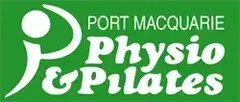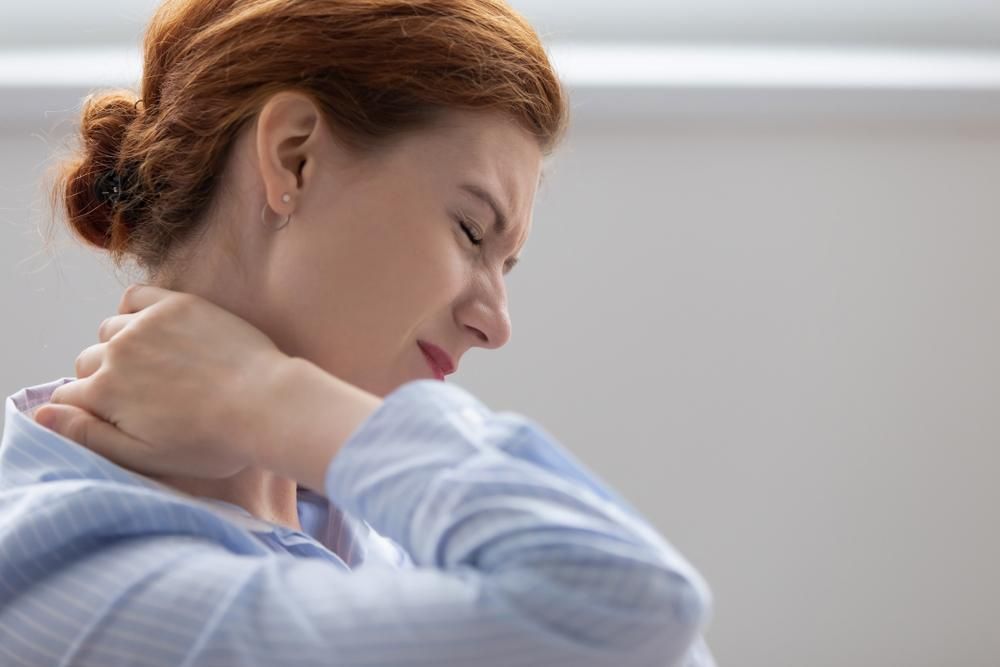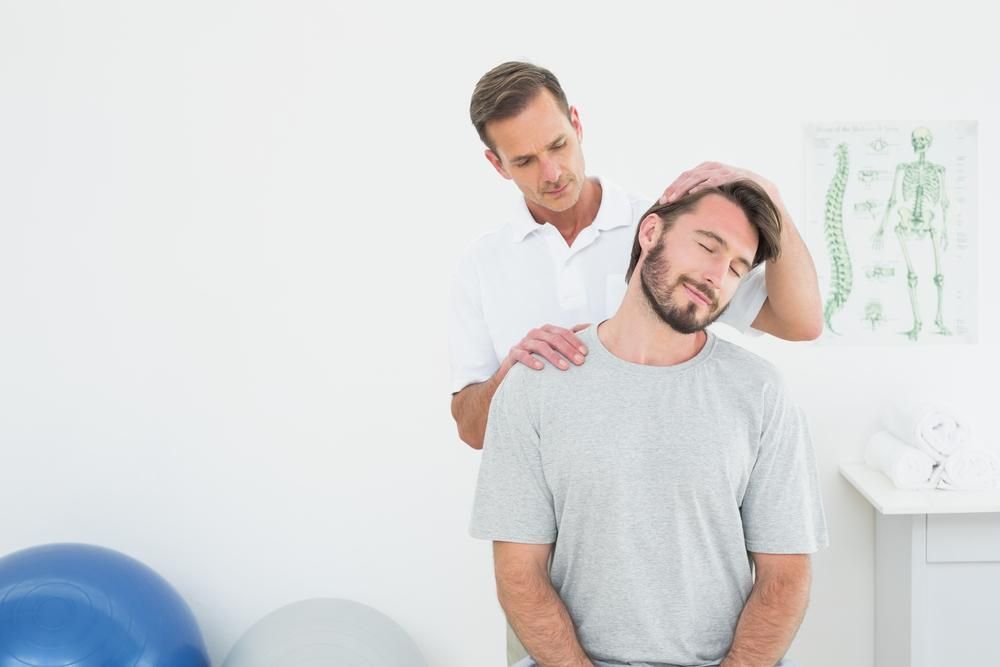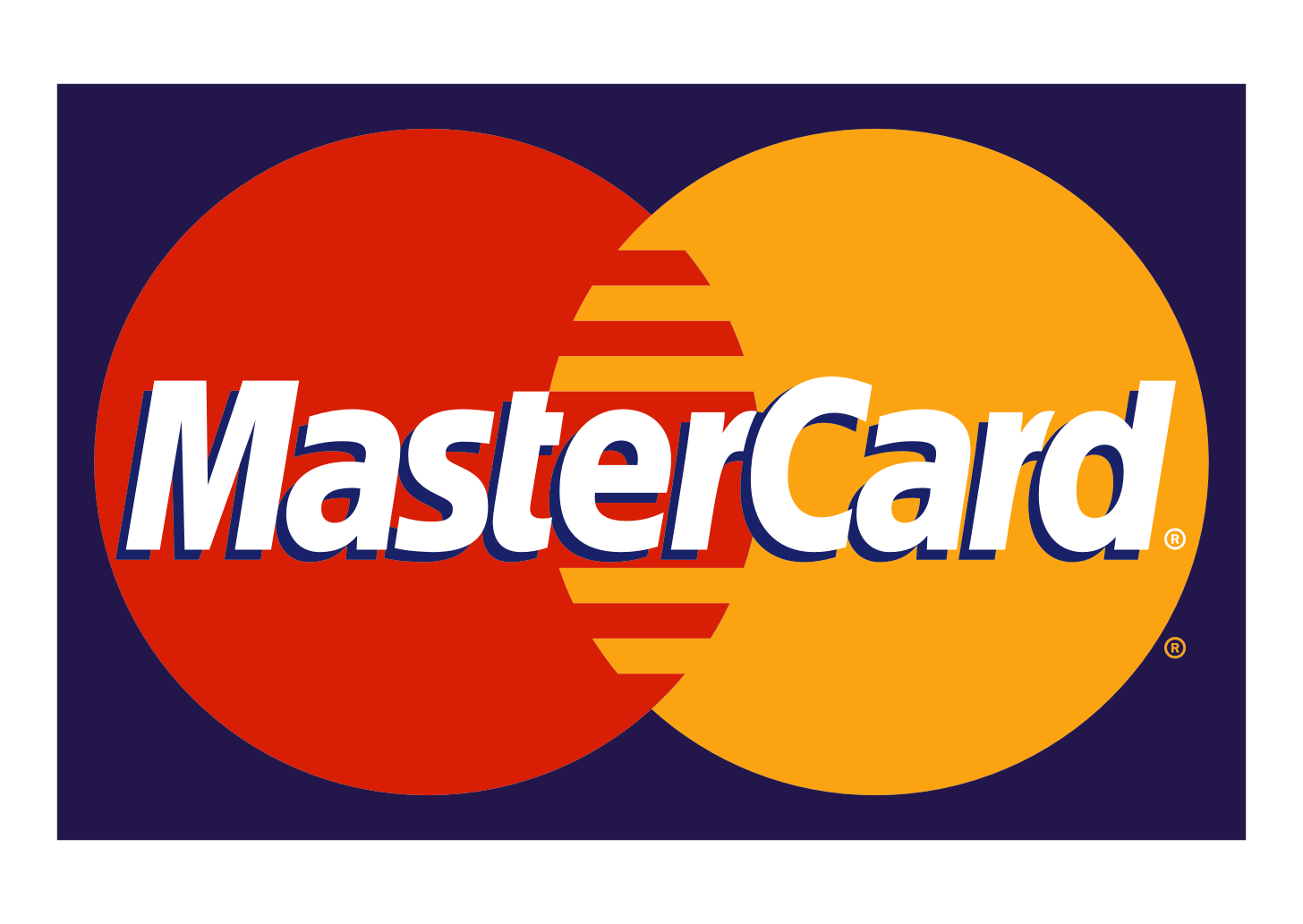Get in touch
555-555-5555
mymail@mailservice.com
Assisting with Back & Neck Pain in Port Macquarie
NO REFERRAL NEEDED
FLEXIBLE APPOINTMENT OPTIONS
BUPA-PREFERRED PROVIDER
Medibank Preferred Provider
Live Without Limits
At Port Macquarie Physio & Pilates, we understand how neck and back pain can affect every part of your life. It’s not just about managing the pain—it’s about reclaiming your ability to move freely and enjoy everyday activities without discomfort.
Our comprehensive approach to treating neck and back pain focuses on addressing the root cause of your discomfort, helping you restore strength and flexibility. With a wide range of services, including physiotherapy and clinical physio pilates, we’re here to guide you on your journey to recovery. We believe in a holistic approach to care, aiming to ensure that every step of your rehabilitation is tailored to meet your unique needs.
You don’t have to face this challenge alone—we are always ready to assist with your health and well-being. Call us today on (02) 6583 9337 and take the first step toward a life free from neck and back pain.
Supporting Your Health, One Step at a Time
Reclaim Your Comfort
If you’re experiencing pain in your neck or back, it may be time to explore options for care. At Port Macquarie Physio & Pilates, our neck and back pain services are designed to help address your discomfort. We begin with a thorough assessment to understand the underlying causes of your pain, followed by tailored treatment plans that are designed to meet your individual needs.
Our hands-on manual therapy techniques aim to relieve pain and improve function, focusing on non-invasive methods. Additionally, we offer educational support on posture, ergonomics and strategies to help prevent future pain. Our goal is to support you in managing your pain while providing tools for long-term prevention and improved well-being.
For more information or to discuss how we can assist with your recovery, contact the team at Port Macquarie Physio & Pilates today.
Frequently Asked Questions
-
How can physiotherapy help with neck and back pain?
Physiotherapy plays a key role in managing neck and back pain by working to address the root cause of the discomfort. A physiotherapist assesses your condition and then creates a personalised treatment plan that may include manual therapy, stretching, strengthening exercises and postural correction. These treatments aim to reduce pain, improve mobility and prevent future episodes, helping you regain function and quality of life.
-
What are the common causes of neck and back pain that physiotherapy can treat?
Physiotherapists treat neck and back pain caused by various issues, including poor posture, muscle strains, spinal misalignment, herniated discs and degenerative conditions like osteoarthritis. Sedentary lifestyles, repetitive movements or sudden injuries can also contribute. Physiotherapy helps alleviate pain by addressing these underlying issues through tailored exercises, manual therapy and education on proper posture and movement.
-
How long does it take to see results from physiotherapy for neck and back pain?
The time it takes to see results from physiotherapy for neck and back pain varies depending on the severity of the condition and individual factors. Some patients may experience relief after a few sessions, while others may require several weeks of consistent treatment. Your physiotherapist will assess your progress and adjust your plan to ensure optimal recovery.
-
Can physiotherapy help prevent future neck and back pain?
Yes, physiotherapy can help prevent future neck and back pain by addressing the root causes and teaching proper movement techniques. Physiotherapists educate patients on maintaining correct posture, ergonomics and core strengthening exercises, which are key to preventing recurring pain. Following a personalised exercise program and making necessary lifestyle changes can reduce the likelihood of future pain episodes.
Site Links
What We Do
Physiotherapy
Treatments
Trading Hours
- Monday
- -
- Tuesday
- -
- Wednesday
- -
- Thursday
- -
- Friday
- -
- Saturday
- Closed
- Sunday
- Closed
Get In Touch
Australian Physiotherapy Association of Australia (APAA)
















